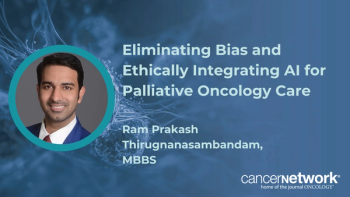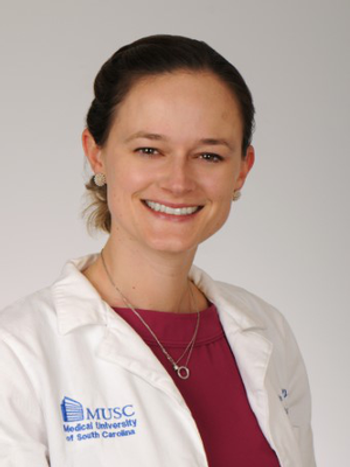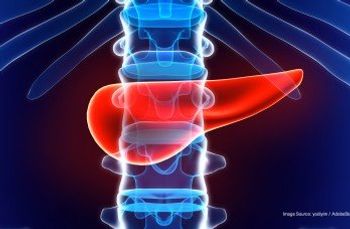
European Commission Grants Approval to Second-Line Axicabtagene Ciloleucel for R/R DLBCL/HGBL
The European Commission based its approval of axicabtagene ciloleucel as a second-line therapy for patients with relapsed/refractory diffuse large B-cell lymphoma or high-grade B-cell lymphoma on the efficacy findings of the phase 3 ZUMA-7 trial.
Axicabtagene ciloleucel (axi-cel; Yescarta) has been approved by the European Commission as a treatment for adult patients with diffuse large B-cell lymphoma (DLBCL) and high-grade B-cell lymphoma (HGBL) who are refractory to or relapsed within 12 months of completing first-line chemotherapy, according to a recent press release from Kite Pharma.1
The designation was supported by findings from the randomized, open-label phase 3 ZUMA-7 study (NCT03391466) which was designed to compare the safety and efficacy of axi-cel with current standard-of-care chemotherapy for adult patients with relapsed/refractory diffuse LBCL. At a median follow-up of 2 years, axi-cel demonstrated a significant improvement in the primary end point of event-free survival (EFS) with a median of 8.3 months compared with 2.0 months in the control group (HR, 0.40; 95% CI: 0.31-0.51; P <.001). EFS improvements were observed in the axi-cel arm in key patient subgroups such as elderly patients (HR, 0.28; 95% CI, 0.16-0.46), primary refractory patients (HR, 0.43; 95% CI, 0.32-0.57), patients with HGBL (HR, 0.28; 95% CI, 0.14-0.59), and patients with double-expressing lymphoma (HR, 0.42; 95% CI, 0.27-0.67).
“This approval marks a major shift in the treatment of LBCL when initial treatment has failed. In ZUMA-7, treatment with [axi-cel] resulted in an overall better outcome for patients than standard-of-care, especially in terms of event-free survival, marking a new era for treatment earlier in the disease pathway for more patients,” John Gribben, MD, DSc, FRCPath, FMed Sci, professor of Medical Oncology at the Cancer Research United Kingdom Barts Center, London, England, said in the press release. “The ZUMA-7 data have also broadened our understanding of this CAR T-cell therapy, allowing us to better manage or prevent [adverse] effects, which is important as it moves earlier in the treatment pathway and for older patients and those with medical conditions for whom the standard of care might have been difficult.”
The
References
- Kite’s Yescarta first CAR T-cell therapy to receive European Marketing Authorization for use in second-line diffuse large B-cell lymphoma and high-grade B-cell lymphoma. News release. Gilead. October 17, 2022. Accessed October 19, 2022. https://bit.ly/3Sgiryq
- FDA approves axicabtagene ciloleucel for second-line treatment of large B-cell lymphoma. News release. FDA. April 1, 2022. Accessed October 19, 2022. https://bit.ly/3LAUUFD
Newsletter
Stay up to date on recent advances in the multidisciplinary approach to cancer.











































